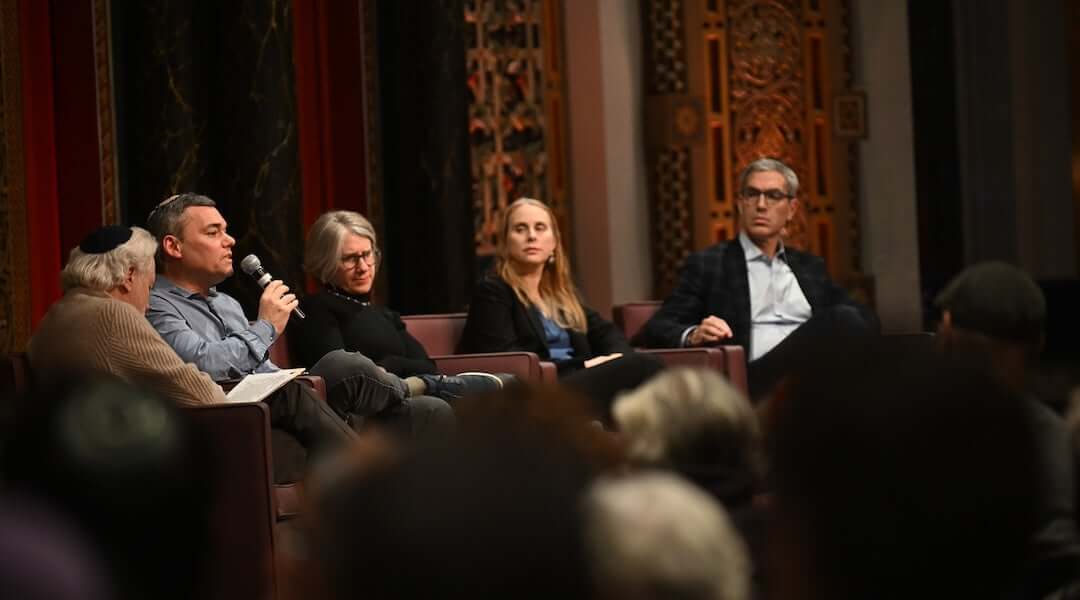Dutch Anti-Semitic Incidents Rise by 71%
The number of anti-Semitic incidents in the Netherlands rose last year by 71 percent, and some police officers are unwilling to intervene, the Jewish community’s watchdog on anti-Semitism said.
The Hague-based Center for Information and Documentation on Israel, or CIDI, recorded 171 incidents in 2014 compared to 100 in 2013, CIDI wrote in a statement sent to the media on Wednesday about the group’s annual report on anti-Semitism.
The statement noted “a worrisome phenomenon — Police officers’ failure to intervene in cases of evident anti-Semitism. Some police officer prefers to look the other way.”
A woman who wanted to report an anti-Semitic threat after hosting a party was questioned about whether she had permission to hold the party, CIDI wrote.
“The filing of a complaint was sometimes discouraged in contrast with the policy that indeed seeks to enhance reporting,” according to the report.
CIDI also said the severity of the incidents increased. Those who wore kippahs or other Jewish symbols on the street accounted for a large portion of the overall number of victims of anti-Semitic harassment or attacks last year, according to the statement.
The prevalence of incidents in which individuals were harassed on the street because they were perceived as Jewish rose by 90 percent in 2014 over the previous year, to 40 incidents from 21. Incidents in which people were physically assaulted in anti-Semitic attacks doubled to six from three.
Approximately half of all incidents occurred last summer during Israel’s war with Hamas in Gaza.
“The serious increase of the number of anti-Semitic incidents in 2014 worsened the feeling of insecurity within the Jewish community, especially in view of the May 2014 attack on the Jewish Museum of Belgium in Brussels and the threat of returning jihadists,” CIDI wrote.













